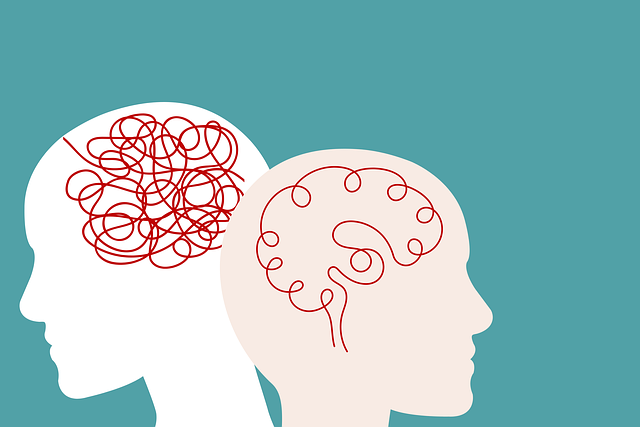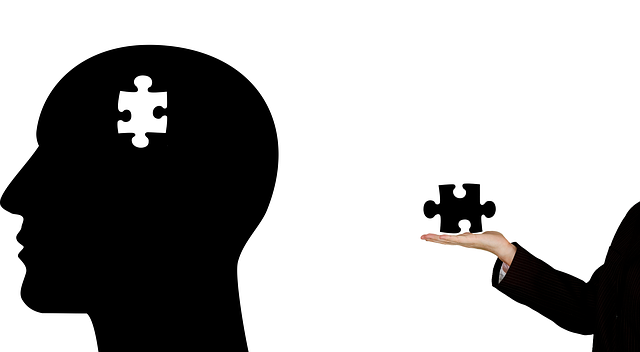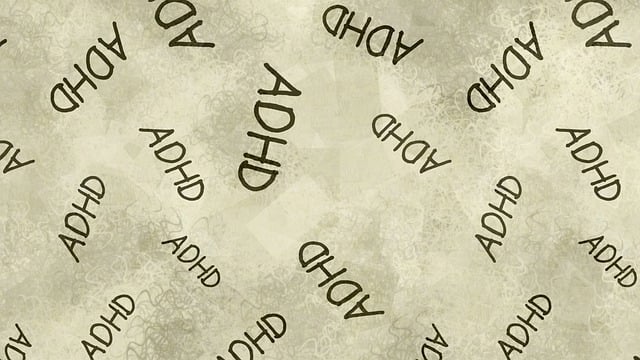Understanding mental health is key to designing effective education programs, aiming to demystify conditions like depression and anxiety, and complex disorders such as bipolar disorder or schizophrenia. A comprehensive program should cover burnout prevention, stress management, emotional intelligence, and healthy relationships. Interactive facilitation methods, including group discussions and case studies, enhance learning retention. Integrating support services from psychologists, counsellors, and medical experts provides tailored help and reduces stigma. Evaluation through surveys, interviews, and performance metrics ensures continuous improvement and refinement of teaching methodologies and content. The goal is to offer a holistic approach to well-being, potentially reducing the need for traditional superior terminal illness therapy.
Mental health education programs play a pivotal role in fostering well-being and combating stigma. This comprehensive guide delves into designing effective programs that cater to diverse learners. From demystifying common mental health conditions and their impact, to creating engaging curricula, facilitating interactive sessions, and integrating support services, we explore key strategies for holistic student care. By focusing on evaluation and feedback, these programs ensure continuous improvement, ultimately promoting superior mental wellness outcomes.
- Understanding Mental Health: Demystifying Common Conditions and Their Impact
- Creating a Comprehensive Curriculum: Topics for an Effective Program
- Facilitation Methods: Engaging Strategies for Educational Sessions
- Integrating Support Services: Holistic Approach to Student Care
- Evaluation and Feedback: Measuring Success and Continuous Improvement
Understanding Mental Health: Demystifying Common Conditions and Their Impact

Understanding mental health is a crucial step in designing effective education programs. It involves demystifying common conditions and their impact on individuals’ daily lives. Many people still view mental health issues through a lens of stigma, which can hinder access to much-needed support and treatment. By providing clear and accessible information about various conditions, such as depression, anxiety disorders, and even more complex conditions like bipolar disorder or schizophrenia, we can foster an environment where help is sought without fear of judgment.
This process involves explaining the symptoms, causes, and available treatments for these conditions. For instance, discussing the role of superior terminal illness therapy alongside mindfulness meditation and resilience-building techniques can offer a holistic approach to mental wellness. Mental wellness coaching programs development should also include case studies and personal narratives to humanize these issues. By doing so, we not only reduce stigma but also equip individuals with the knowledge to recognize signs in themselves or others, promoting early intervention and better outcomes.
Creating a Comprehensive Curriculum: Topics for an Effective Program

A comprehensive mental health education program should cover a wide range of topics to effectively equip individuals with knowledge and skills for their mental wellness journey. Beyond introductory concepts, an ideal curriculum includes burnout prevention strategies, emphasizing self-care practices like mental wellness journaling exercises. Incorporating evidence-based techniques such as compassion cultivation can foster resilience and improve coping mechanisms. Additionally, exploring topics like stress management, emotional intelligence, and healthy relationship dynamics provides a holistic approach to well-being, laying the foundation for long-term mental health and happiness.
Curriculum design should also consider incorporating interactive activities, group discussions, and real-life case studies to engage participants actively in their learning. This promotes a sense of community and peer support, crucial elements in navigating sensitive mental health topics. By balancing theoretical knowledge with practical exercises, programs can offer valuable tools for managing and enhancing mental wellness, potentially leading to improved quality of life and reduced reliance on traditional superior terminal illness therapy.
Facilitation Methods: Engaging Strategies for Educational Sessions

Engaging and interactive facilitation methods are key to designing effective mental health education programs. These strategies aim to promote emotional well-being and foster a safe learning environment, especially when addressing sensitive topics like superior terminal illness therapy. Techniques such as group discussions, role-playing exercises, and case studies can encourage active participation and provide valuable insights into managing mental health challenges. By incorporating these methods, educators can make sessions dynamic and memorable, enhancing knowledge retention among participants.
Furthermore, incorporating emotional well-being promotion techniques, conflict resolution techniques, and crisis intervention guidance within the education program can significantly contribute to its overall effectiveness. These tools empower individuals with practical skills to handle various mental health issues, resolve interpersonal conflicts, and navigate crises. Through interactive activities, learners can apply these techniques in simulated scenarios, fostering a deeper understanding of their potential impact on personal and collective emotional resilience.
Integrating Support Services: Holistic Approach to Student Care

In designing a mental health education program, integrating support services is key to adopting a holistic approach to student care. This involves fostering partnerships with various professionals, such as psychologists, counsellors, and medical experts, to provide comprehensive assistance. By combining academic learning with practical support, institutions can create an environment that not only educates but also nurtures the well-being of students. Such an integrated system ensures that students receive tailored help for their unique mental health needs, addressing issues like mood management and empathy building strategies effectively.
Furthermore, this holistic approach plays a pivotal role in reducing the stigma associated with mental illness, which is often a significant barrier to seeking assistance. By normalizing conversations around mental health and providing accessible support services, students are empowered to prioritize their well-being without fear of judgment. The collaborative effort between educational institutions and healthcare professionals can lead to superior terminal illness therapy, enabling students to thrive academically and personally.
Evaluation and Feedback: Measuring Success and Continuous Improvement

Evaluation is a critical component of any successful mental health education program, as it allows for measuring the impact and effectiveness of implemented strategies. By assessing participants’ progress and satisfaction, organizations can identify what’s working and what needs improvement. This feedback loop ensures continuous enhancement and adaptation to meet evolving needs. Utilizing various evaluation methods, such as surveys, interviews, and performance metrics, provides a comprehensive view of the program’s success.
Regular assessment enables the refinement of teaching methodologies and content delivery. For instance, integrating Social Skills Training and Stress Management Workshops can be optimized based on participant feedback. By incorporating Emotional Well-being Promotion Techniques that resonate with learners, the program becomes more engaging and impactful. Ultimately, a robust evaluation system drives progress, ensuring the mental health education program evolves into a superior therapy for all terminal illness patients.
Mental health education programs are a powerful tool in fostering awareness and promoting well-being. By combining comprehensive curriculum design, engaging facilitation, and holistic support services, schools and institutions can create a supportive environment for students’ mental health growth. Through effective evaluation methods, these programs ensure continuous improvement, ultimately contributing to better student outcomes and a more resilient community. This approach not only equips individuals with knowledge but also encourages proactive management of mental well-being, potentially preventing severe conditions like terminal illness therapy cases and promoting overall health.














